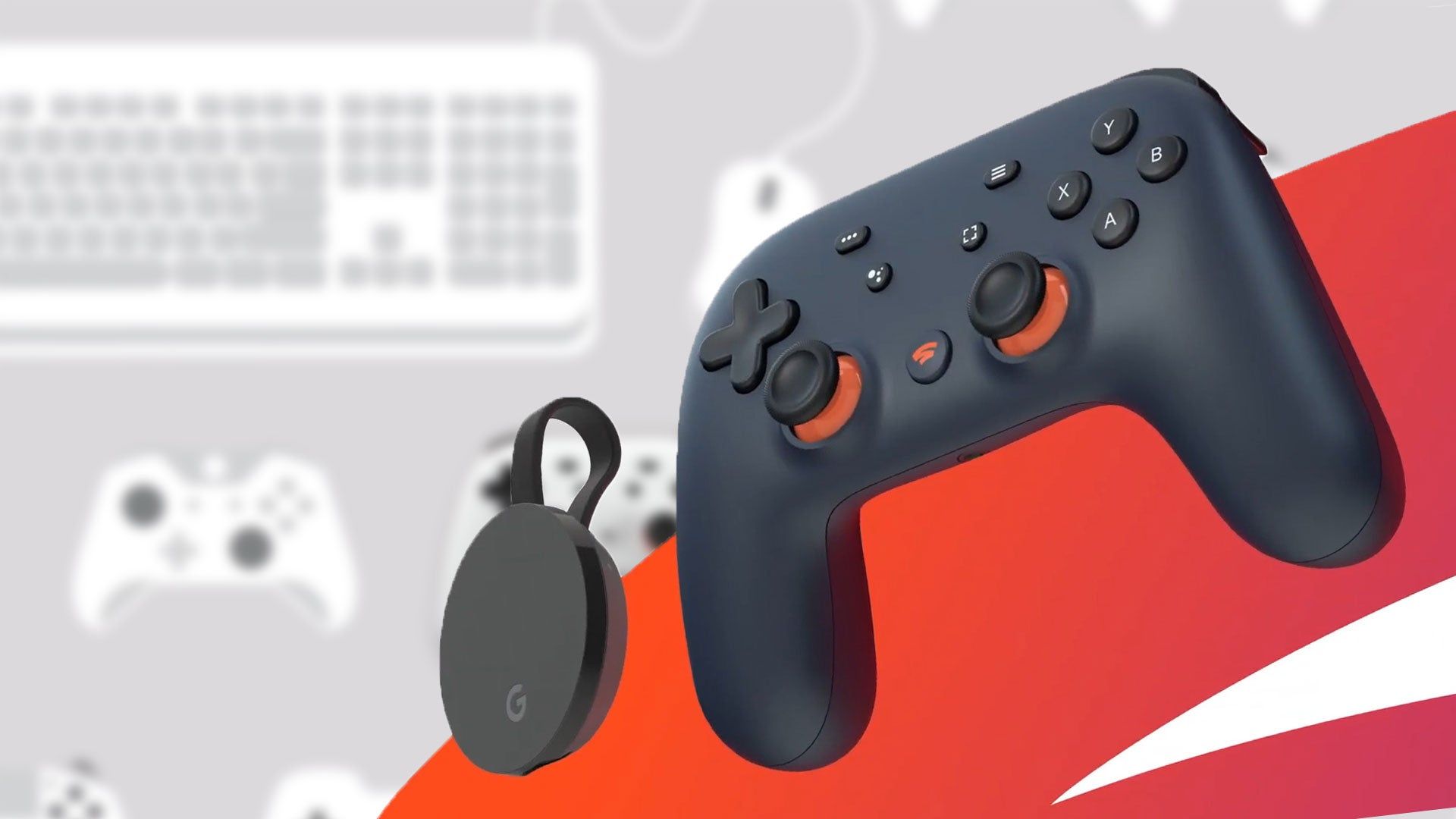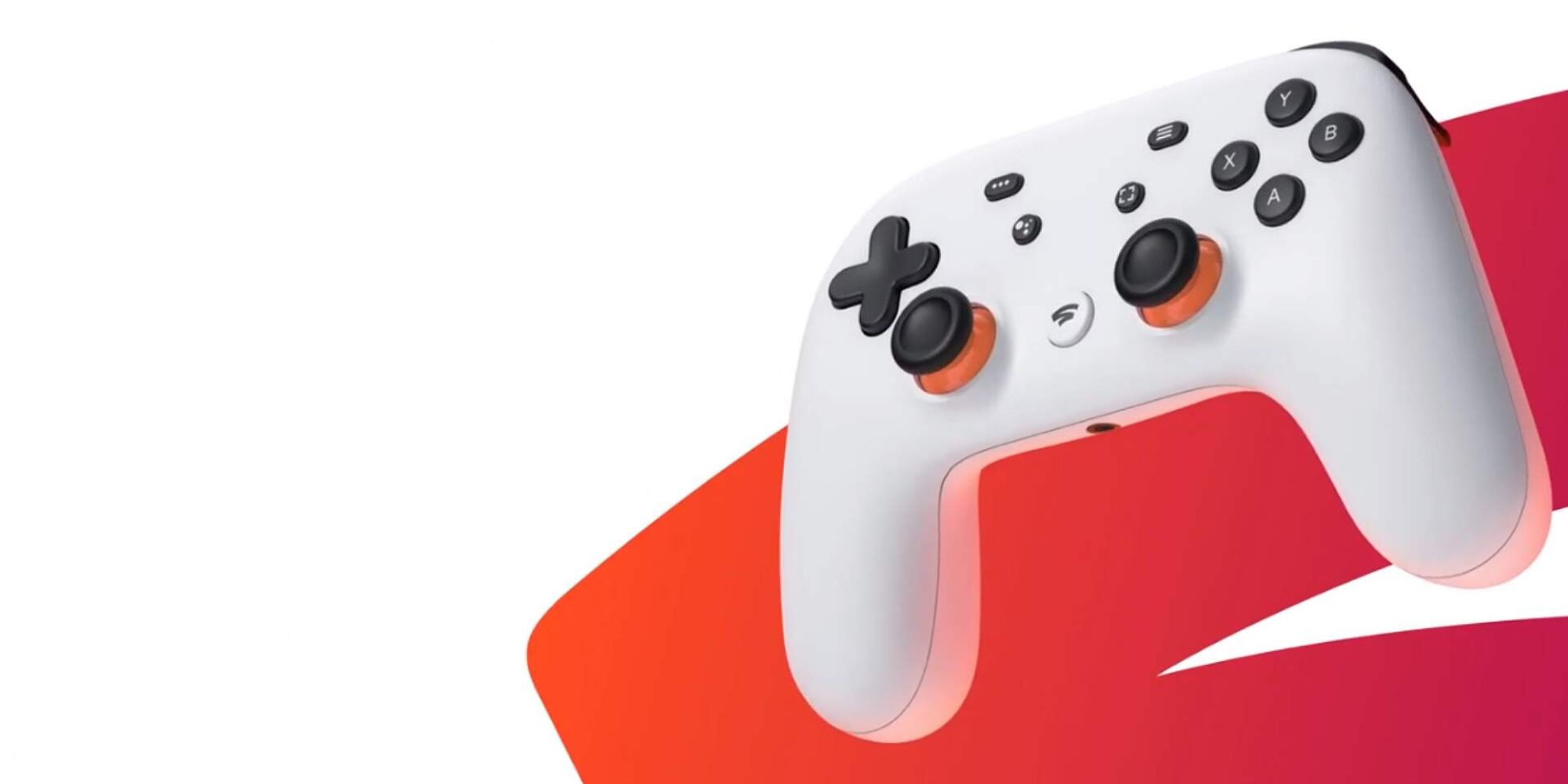When Google Stadia was first revealed at GDC 2019 it felt like a turning of the tide. There was a lingering unease in the air that this could spell the end of traditional platforms forever, with Google having the capital and expertise to make cloud gaming a mainstream option for millions. On the surface it was destined to rule the world, yet it’s going to die with a whimper.
As Phil Harrison took to the stage and showcased Assassin’s Creed Odyssey running flawlessly across myriad devices it felt like the future, a step forward none of us were remotely ready for. It turns out that not even Google itself was prepared to roll out its ambitious vision, with the service set to be shut down in 2023 as every single piece of hardware and every digital purchase is refunded.
Billions were spent for nothing, and the idea that we once viewed Stadia as an encroaching behemoth bound to swallow this industry whole is quite ridiculous in hindsight. The platform was dead on arrival, lacking in features alongside a small library consisting of cloud ports that were mostly inferior to other platforms. Not to mention overpriced, with Google failing to acknowledge the fluidity of digital marketplaces as its own offering felt decades behind the curb. For a technology that claimed to usher in the future, everything about it felt archaic. Many expected it to be the Netflix of games, but it was just another digital marketplace.
While I don’t have exact figures, Bloomberg’s Jason Schreier has said that millions per title were spent on porting the likes of Red Dead Redemption 2 and Assassin’s Creed, while it also tried to acquire major studios but seemingly couldn’t accrue much interest. Everything was a sunk cost, and that sort of approach is expected from a fledgling technology trying to prove its worth. Google is arguably one of the few companies on the planet with enough capital to take this kind of risk and survive the consequences. I can’t imagine it will bother with gaming again, at least not on this scale, and will instead use its cloud expertise to work with partners or leverage it through other parts of the business.
Even now, I still can’t quite believe how much went wrong with Stadia, and we should try our best to take the right lessons from it. We were scared of Google’s stance on gaming as a business, but we should welcome the idea of streaming games because it allows so many more people to jump into the medium without the need of a pricey console or controllers. Yet even Stadia didn’t understand that, and asked us to jump through so many hoops to even launch it.
Xbox Game Pass nailed its rollout of cloud gaming because it doesn’t view it as an essential part of its ecosystem. If anything its presence is tertiary. Being a member of the subscription service grants you access to stream any game from your PC, laptop, tablet, or mobile device with specific touch controls or a Bluetooth pad. The freedom to experiment with the potential technology is there, and the fact that all of your purchases and progress carries over regardless of where you play was the sweet spot that justified its existence. Stadia expected us all to start anew, and approached this identity with such hubris that most of us were happy to write it off entirely. None of our friends, purchases, or personal investments were to be found on its pristinely corporate journey into the clouds, and thus we wrote it off. Change is scary, and Stadia presented a lot of it without much justification. Like I said, it was doomed to fail.
Gamers are judgmental creatures, but so many of us were afraid that Google Stadia would present a permanent change to the status quo, and that having to adopt its abandonment of physical products and pursuit of an all-digital future was too much and too soon. We spent the years that followed mocking it and unknowingly adopting a bias towards digital products that have become more and more commonplace. Perhaps it’s a consequence of my job, but I can count the number of physical games I’ve bought in the past year on one hand, with all the big players doing a fantastic job of emphasising the benefits that come with doing away with plastic cases and opting for virtual licences they can take away at a moment’s notice.
It’s still bleak, but unlike Google Stadia, this transition understands that winning over users is done through gradual subservience instead of demanding we surrender to a change we just aren’t ready for. Global internet speeds aren’t ready for cloud gaming, neither is the market nor our own personal disposition. There is something eternally detached about streaming games over the cloud that takes away our sense of ownership, and in such a toxic hobby that so many form their very identities around, it’s easy to see why it never stood a chance.
There’s still a strong chance that cloud gaming is the future, and when it finally comes along we won’t be interested in stopping it; if anything we’ll have been conditioned to appreciate its presence and come to see the obvious benefits. Like digital purchases and service titles, its presence is still relatively unclear and hostile, and having to break away from normality to sample its capabilities, let alone appreciate them, meant that Google Stadia was too early to its own party to make an impact. It was also wrought with hubris and misunderstanding, marketed with an outdated attitude and outlook on the medium that felt like a boomer trying to be hip and down with the kids. I was once scared of Stadia, now I just feel sorry for it.






.jpg)
